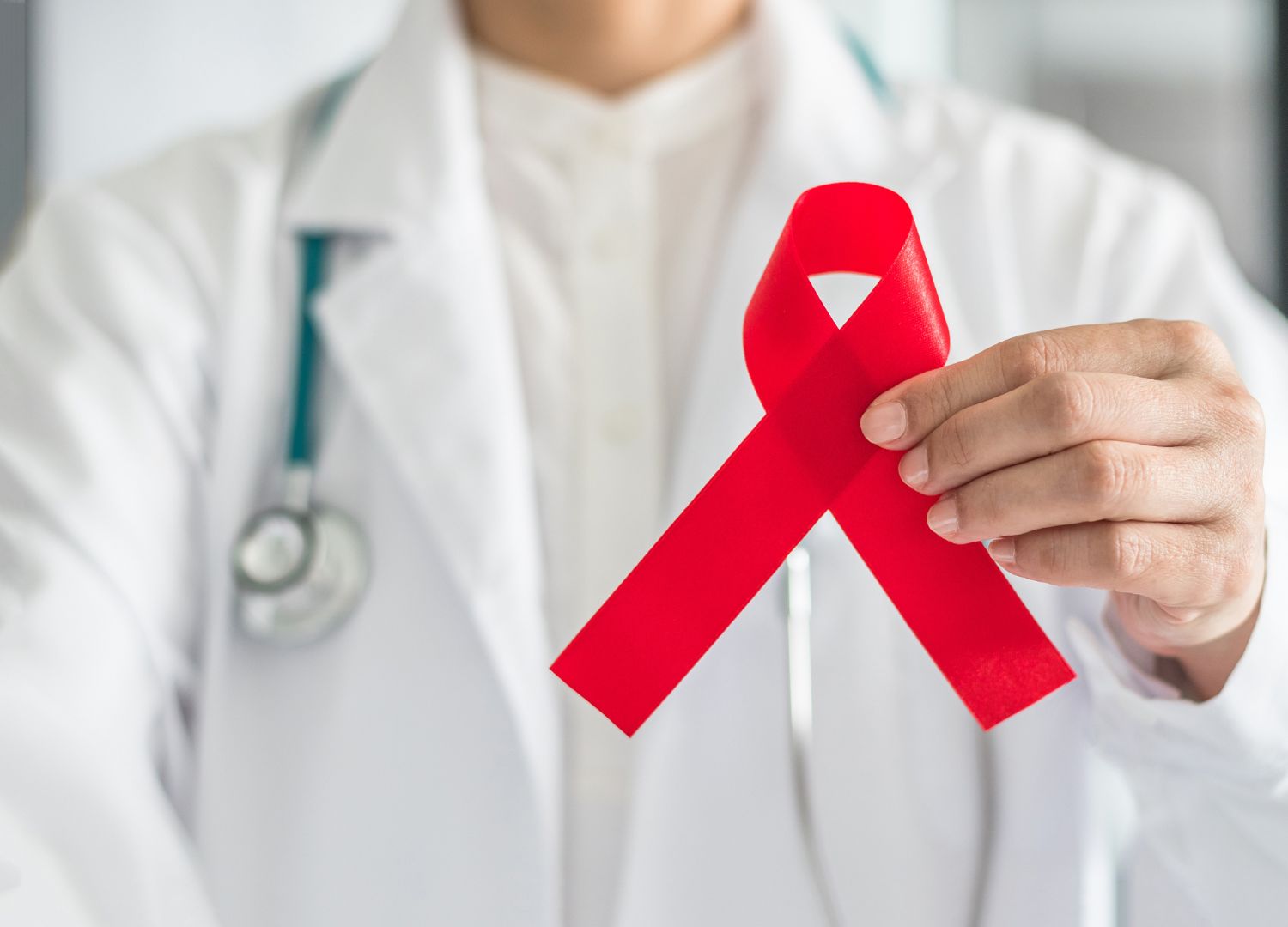
There is a growing popularity for plastic surgery in many African countries today. This changing attitude and the growth of such surgery is being driven by a few major shifts, which we’ll examine here briefly.
Africans are embracing western standards of beauty more and more, particularly regarding their weight. Traditionally, Africans have seen “big as beautiful,” but this is starting to change as they now embrace a skinnier beauty. Many have been influenced by First World media such as Hollywood and were inspired to look like western movie stars and singers. On the other spectrum are those who seek to enlarge parts of their frame such as buttocks or breasts to achieve an idealized image of beauty. It’s debatable whether this heralds a change in cultural norms or if it’s yet another obsession with western beauty standards like the skin lightening industry was.
There’s been good economic growth in several African countries. This has resulted in an emerging middle class with more disposable income. Rather than sending their income to poorer relatives in other African countries, more are choosing to spend some of their hard-earned cash on themselves. However, the proportion of Africans with such financial means is still very small in comparison to the continent’s teeming population.

There’s a slow but steady improvement in the social status of women in Africa. Greater numbers of women are now better educated than ever before and are involved in business and leadership. This trend has seen the emergence of the “Independent African Woman,” particularly in West African nations like Ghana and Nigeria. This is fuelling a market for cosmetic surgery.
Where in Africa?
Plastic surgery is becoming especially popular in countries like Nigeria, South Africa, Kenya, and Sudan. The growing Nigerian market has seen an influx of surgeons from the US and Europe who are performing cosmetic procedures on the elite section of the population. They come over to Africa when there are enough clients lined up to justify the traveling. The Nigerian market is still too small for such highly paid surgeons to base themselves there, but this will probably change soon because clients are flocking in from nearby countries like Ghana as well. While some welcome this as a positive change, others see it as just one more way that Africa is being exploited. Because cosmetic surgery is not standard practice in the country and there is limited aftercare available, the risk of infection and other complications can be high.
In South Africa, the Association of Plastic and Reconstructive Surgeons currently has almost 170 members. Out of these, it’s estimated that over 50% of the procedures they do are for cosmetic reasons. Africa’s biggest plastic surgery hub is South Africa, but other countries are beginning to catch up.
In Kenya, for instance, plastic surgery is rapidly becoming more popular. Wealthy Kenyans used to travel abroad to have their plastic surgery done, but there are now a few Kenyan surgeons doing it on home soil. They went to the UK and the US for training, and demand is on the rise.
What Africans Want
While many Africans seeking plastic surgery are looking for smaller stomachs and firmer breasts, they seem to be satisfied with their ethnic features such as noses, lips, and eyes. The most popular procedures seem to be liposuction, breast changes, and tummy tucks, and eyelid lifts. This is very different from overseas trends, where clients arrive at their surgeon’s appointment with a wish list for a celebrity makeover. Africans are more conservative in their requests. Most just want an enhanced version of themselves and don’t want to look completely different. Younger clients are the ones who are having breast changes made because they think their breasts are too small or too large. They also request “mommy makeovers,” where they want their shape back after having children. As clients age, facial work becomes more popular, with many asking to repair sagging of the eyelids and mouth.

It has become more acceptable among modern Africans to have cosmetic work done and to be open about the fact that they’ve had it done. Social media has probably helped with this trend. People want to look perfect on social media and portray the perfect life and look, so this encourages the decision to have surgery.
The Numbers
Despite the more conservative nature of their requests, Africa’s cosmetic desires seem to be in line with global trends. Worldwide, breast surgery continues to be the most popular procedure, followed by liposuction, eyelid and nose surgery, and plastic surgery to the stomach.
Most plastic surgery clients are women- over 85%-, and this is no different in Africa. Among men, the most popular procedures are eyelid surgery, reduction of male breast tissue, nose jobs, hair transplants, and liposuction.
Reversing the Brain Drain
The so-called health sector “brain drain” in sub-Saharan Africa is a concern even for plastic surgery. Africa shoulders about 25% of the world’s disease but less than 2% of the world’s health workforce. Plastic surgeons particularly recognize the need on the continent for reconstructive rather than cosmetic work for burns victims and others. However, a lack of skilled practitioners will continue to be a problem as long as postoperative care, lack of equipment, and uninspiring government support remain. Many African surgeons go overseas to obtain a qualification in plastic surgery and end up not returning to Africa. Unfortunately, once they’ve become part of the system there and experienced better salaries and working conditions, many are lost to us. It’s a problem that’s imperative for African governments to address. One of the solutions is to raise salaries and provide benefits that would encourage African doctors to return to their native countries and provide a service there.
Medical Tourism In Africa
Medical tourism is a huge trend, and South Africa is at the hub of it. Millions of people travel the world every year to get medical treatment, sometimes with a holiday included. Plastic surgery is ideal for this, as the patient gets to recover before they go home. South Africa, specifically Cape Town, has become the destination of choice because of English speaking doctors, quality hospitals, and stunning landscapes. This multi-billion-dollar industry looks set to grow by as much as 25% a year moving forward. The hope is that Africa will somehow capitalize on its experts both in the continent and in the diaspora to spark a reversal wave where Africa becomes the destination for medical tourism and not the supplier of talent for tourism to other continents.
Selecting a Cosmetic Surgeon in Africa
Many people don’t know that there have been cases of board-certified plastic surgeons from the US or other places calling themselves cosmetic surgeons without having had further training in this area. It’s vital that prospective clients choose their cosmetic surgeon very carefully. Word of mouth can be helpful, particularly if you are able to see how the person looked before and after a procedure you are planning to get done. At the initial consultation, don’t be afraid to ask a lot of questions. Ask whether the person is specifically trained in plastic surgery. Ask how many years of experience they have and how many procedures of the specific kind you want they’ve done. Ask about risks and complications and how the surgeon would deal with them if they arose. Check if they have any before and after pics of previous operations. You need to pick a doctor who, after qualifying as a surgeon, has taken plastic surgery as a specialization. Some obtain this from the British Association of Aesthetic Plastic Surgeons, others from the American Board of Plastic Surgeons.
Conclusion
In spite of the conservative nature of African culture, cosmetic plastic surgery seems to be here to stay. Health authorities should ensure that regulations are put in place and enforced so that every patient gets a safe and satisfactory outcome to their procedure.
References
https://www.ncbi.nlm.nih.gov/pmc/articles/PMC4286228/
https://aprassa.co.za/
https://www.algoafm.co.za/Article/51673/africans-flocking-to-south-africa-for-plastic-surgery
https://face2faceafrica.com/article/the-growth-of-cosmetic-surgery-in-africa
https://www.sciencedirect.com/science/article/pii/S2352587819300099
https://journals.lww.com/prsgo/Fulltext/2018/08000/Current_Challenges_of_Plastic_Surgical_Care_in.19.aspx












